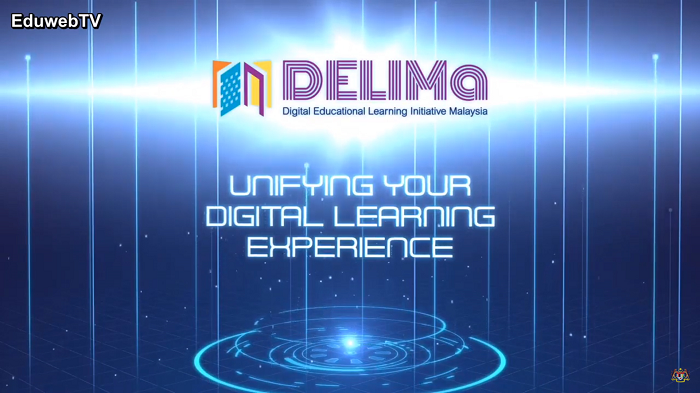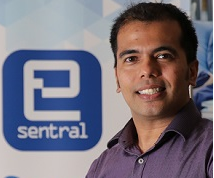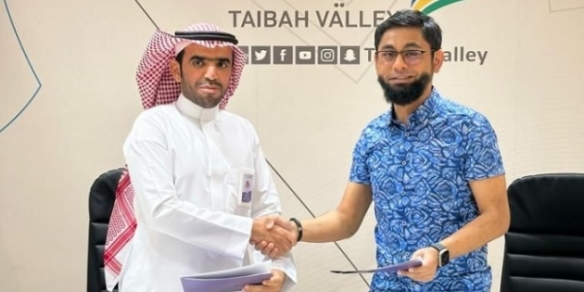Why does Malaysia’s MoE discriminate against local technology and digital content?
By Faiz Al-Shahab June 18, 2020
- Established homegrown digital content players not engaged with on DELIMa
- Bureaucrats visiting digital education fairs abroad come back acting like experts

 Recently the Ministry of Education (MoE) Malaysia launched yet another digital site, this time calling it DELIMa (Digital Education Learning Initiative Malaysia). I am aware of the pure intention of the MoE to democratise digital education resources. At the same time, however, I have reasons to believe that the officials in MoE systematically discriminate against local technology and digital content.
Recently the Ministry of Education (MoE) Malaysia launched yet another digital site, this time calling it DELIMa (Digital Education Learning Initiative Malaysia). I am aware of the pure intention of the MoE to democratise digital education resources. At the same time, however, I have reasons to believe that the officials in MoE systematically discriminate against local technology and digital content.
It is a bold accusation, I am aware, but what is democracy if we suppress ourselves?
In this newly launched DELIMa website, I see that all local digital applications and content initiatives have been put aside. MoE is proudly promoting foreign technology and applications and ignoring local initiatives.
To give a bit of a background, the National Library of Malaysia (PNM for its Malay language acronym) has been embarking on a digital library initiative since 2013 and has incorporated several digital resource platforms under the umbrella of U-Pustaka (PNM's answer to democratising digital resources). One of the digital library services was built and provided by my company. Called ELIB, it has gone on to become a leading asset of lending resources namely for eBooks of local titles.
ELIB has statistically contributed more than 250,000 patrons to u-Library, and for the year up to May 31st alone, has serviced over 136,000 e-Book loans, seen more than 1.2 million users, and had more than 2 million page views for u-Pustaka. There is no denying that ELIB is the most popular service in u-Pustaka, beating foreign providers inside u-Pustaka.
Let me add a little more data in order to give you a better perspective. In terms of the breakdown of the e-Book loan genre, according to the statistic, 81% of the loans in ELIB are from all categories in Bahasa Malaysia, while the New York Times Bestseller collection contributes 12% of the loans, and the remaining 7% is contributed by both Chinese and English categories from local publishers. This is not unexpected because the majority of Malaysians are now more comfortable with the Malay language, due to the policy of using Malay as the language of delivery in schools since 1976, a policy promoted by MoE itself.
So the big question here is, why on earth, in the DELIMa website, does the resource center not only ignore ELIB, but also ignores the more formal u-Pustaka website, and favors a link to Overdrive, which is evidently a mainstream English foreign eBook lending provider?
To make things worse, I also notice that there are no content or applications from other local players. Not even those that are providing their content for free, such as BACflix (formerly known as Edunation) and also the MoE eTextbook Reader app, which is owned by Perbadanan Kota Buku, an agency under MoE itself. It is shocking that these content providers are also marginalised. Both are established players with advanced solutions for digital education in Malaysia with BACflix even providing its platform on a commercial basis to education institutions in the UK.
What chance is there for any local industry player if the attitude of the officials in the MoE is dismissive of them?
The officials did not openly discuss any plans around DELIMa with local stakeholders, let alone small local players. It looks like they only took into account the views of Western technology salesman or at the very least the opinion of local telco companies.
With the privilege of visiting digital education fairs abroad, rubbing shoulders with Western technology developers, some officials feel they have become experts in digital education, despite not having any experience in technology development at all (there is a significant difference between reading theory and doing something in real life).
I can predict that the reason that will be given is that there was not enough time to include all the links for the launch of DELIMa. Yet, linking to Overdrive reflects the sentiment of MoE officials who believe Western products are superior to local ones.
What I find particularly frustrating is that at the same time, the nation's money is being investment into local startups introducing new technologies and ecosystems, in the hope that economic growth leads to a role for Malaysia in IR4.0. Yet our MoE is arbitrarily giving data to foreign technology providers allowing them to achieve their ambitions, leaving us becoming glorified consumers.
A decade from now, who will answer to our children when they feel themselves to be victims of artificial intelligence that began when MoE blatently favored foreign technology providers? Of course, the officials who made these decisions will be happily retired then and have washed their hands from any accountability. MoE made a decision today that does not protect the interests of our children. Whom do these officers serve?
I hope that this is addressed, and that MoE also needs to understand the current scenario in Malaysia by reaching out to local technology developers. I hope this matter is taken seriously for the betterment of our country.
Founder and MD of Xentral Methods, Faiz Al-Shahab is a former UK-based automotive engineer turned education entrepreneur focusing on digital content. He is also a DNA Digerati50.


